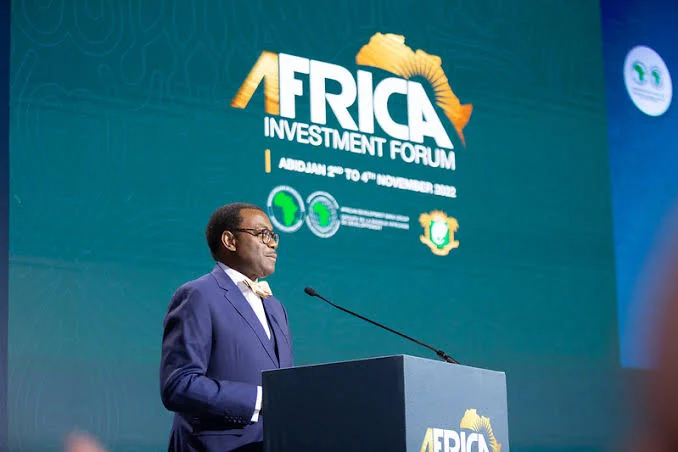A group of concerned civil society organisations has sounded the alarm on Nigeria’s growing financial crisis, revealing that the country loses more than $18 billion every year to illicit financial flows—while over 70% of its revenue goes into servicing debt.
This troubling revelation is part of a newly released advocacy paper titled “Financing for Development in Nigeria: Sectoral Context and Insights for the Fourth International Conference,” which comes ahead of the UN’s Fourth International Conference on Financing for Development scheduled for June 30, 2025, in Seville, Spain.
The paper, spearheaded by the Civil Society Legislative Advocacy Centre (CISLAC) in collaboration with Oxfam, Christian Aid, Connected Development, and other partners, paints a bleak picture of Nigeria’s economic management and missed opportunities.
Presenting the findings at a press briefing in Abuja, CISLAC’s Executive Director, Auwal Rafsanjani, expressed deep concern over the country’s shrinking fiscal space. According to him, Nigeria is grappling with a major funding gap worsened by poor domestic revenue mobilisation, unfair global financial systems, and rising climate risks.
“Education spending remains below global benchmarks, health gets less than 4% of GDP, and we’re losing billions to illicit financial flows,” Rafsanjani stated. “Meanwhile, our debt servicing has climbed so high that there’s hardly anything left to invest in Nigerians.”
The report further highlighted that while there are numerous international frameworks aimed at promoting development—such as the African Union’s Agenda 2063, ECOWAS Vision 2050, and the UN’s Sustainable Development Goals—implementation is where Nigeria consistently falls short.
Another critical issue raised was the lack of development blueprints in many Nigerian states, which makes long-term planning and investment tracking difficult.
To turn the tide, the coalition is urging world leaders heading to the Seville conference to push for global financial reforms. These include fairer tax systems, easier access to affordable financing, and climate justice mechanisms like dedicated funds for countries hit hardest by environmental damage.
Rafsanjani called for a united effort: “We need everyone on board—government, civil society, the private sector, and development partners—to tackle waste, boost domestic revenue, fight corruption, and shut down the loopholes fueling capital flight.”
He added that the upcoming conference presents a rare chance for Nigeria and other developing nations to demand a global financial system that works for people—not just profits.

